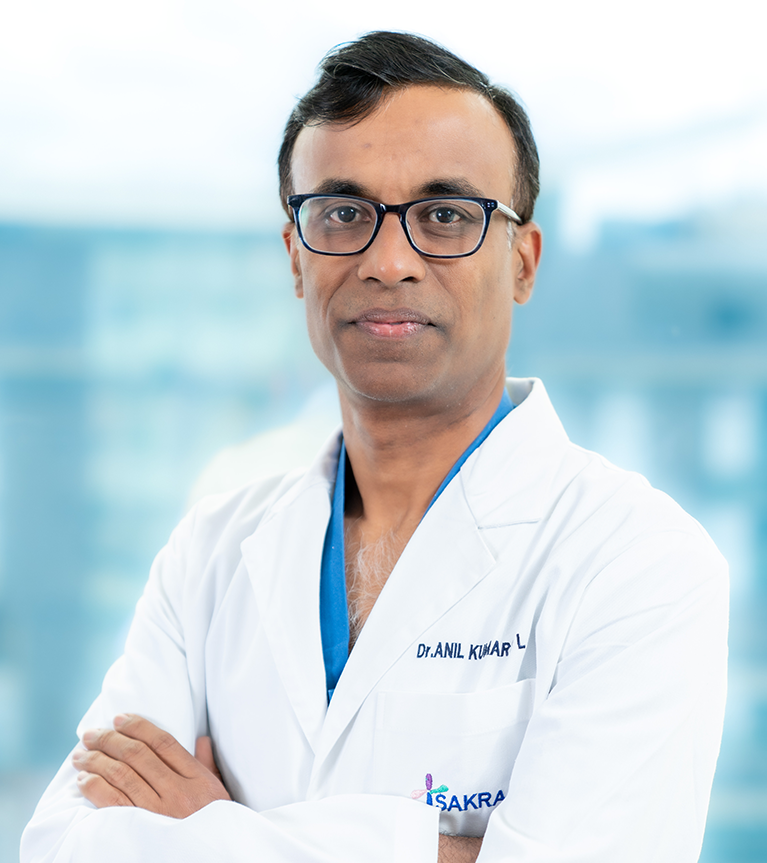What is a malrotation or volvulus?
Intestinal malrotation is a condition that is congenital (present at birth) and results from a problem in the normal placement of the fetal intestines. There is a disruption in the usual steps that the intestines follow to arrive at the correct position within the abdomen. Malrotation causes the parts of the intestine to settle in the wrong part of the abdomen, which can cause them to become blocked or to twist.
Intestinal volvulus is a condition in which the bowel becomes twisted, which may be the result of malrotation. Twisted intestines may become blocked (obstructed) or may become injured when the twisting cuts off the intestine’s blood supply. If the blood supply is cut off for a prolonged period, some or all of the intestine may die, which can be fatal. Volvulus is therefore an emergency that requires immediate surgical treatment.
Symptoms
Symptoms of volvulus develop quickly and are generally dramatic enough that infants are taken early to the emergency room, which can be critical for survival.
Diagnosis
Treatment
Emergency surgery to relieve the volvulus is necessary. An incision is made in the abdomen, the bowels are inspected, and the volvulus is reduced. This means that the bowels are untwisted and the blood supply restored.
If a small segment of bowel is dead from lack of blood flow, it is resected (removed). Depending on the condition of the child at the time of the operation, the ends of the bowels will either be sewn back together, or temporarily diverted. Diversion is a process to move stool out of the abdomen through a colostomy or ileostomy and away from tissues that are healing.
When a colostomy is performed, the cut end of the large intestine is brought to an opening that is made through the wall of the abdomen. When an ileostomy is performed, the cut end of the small bowel is brought through a similar opening. Both a colostomy and an ileostomy allow bowel contents to empty into a bag. Later, when the child’s organs have healed, the colostomy is closed in a separate procedure to allow the child to pass normal bowel movements.

Imagine the misery, a 13-year-old boy has to go through, if he is unable to control his urination in front of his friends, family and in a social gathering and helplessly wets his pants and
Vesicoureteric reflux is the abnormal flow of urine from the bladder back up the ureters that connect the kidneys to the bladder.
In normal conditions, urine flows from the kidneys through the ureters down to
Can Oral Health Have an Effect on Pregnancy? Recent research indicates a link between gum disease and childbirth complications. Pregnant women who have gum disease may be more likely to have a baby that is born
Infants and babies have their own new ways of exploring everything in the small world around them. Everything is new to them and so is to the new parents. Especially in case of first time